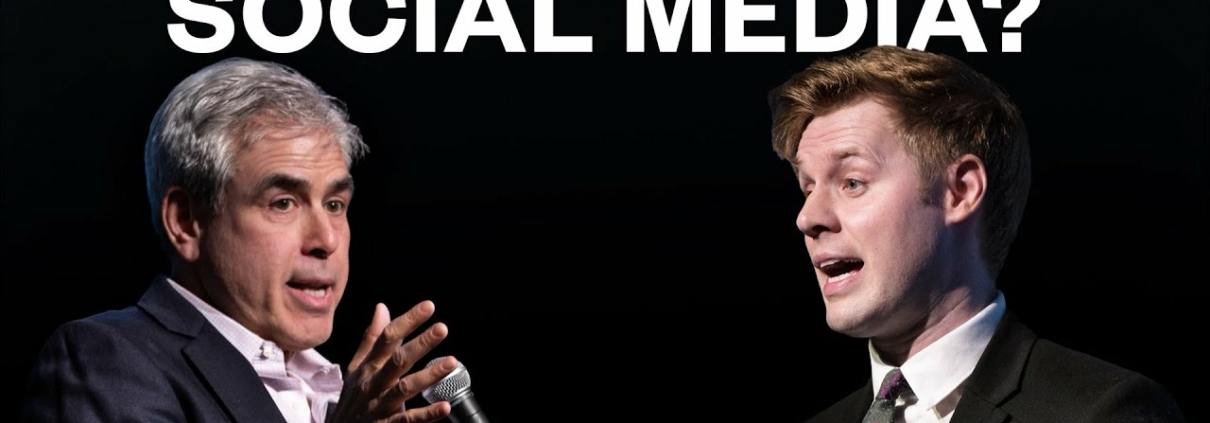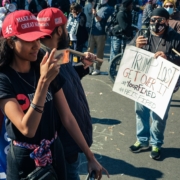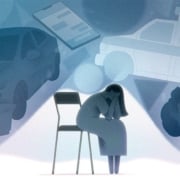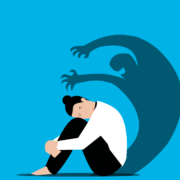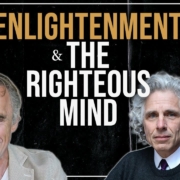Should Government Do More to Curb Social Media Harm?
In this debate hosted by the Soho Forum, a monthly debate series sponsored by Reason magazine, Jonathan Haidt argues with Robby Soave over whether platforms like Facebook, Twitter, and Instagram are harming Americans in ways that government regulation could help correct. They spoke before a capacity crowd at the Sheen Center in downtown Manhattan on February 17. Soave argued that widespread criticisms of social media stem from our innate—and misguided—distrust of new technology. He also contended that, for all its flaws, social media confers huge net benefits, and that the application of “government force” is likely to do far more harm than good. Haidt pointed out that while the platforms were not initially designed for people under 18, those individuals have arguably been its victims. Haidt likened the platforms to sugar—best taken in moderation.
Robby Soave is a senior editor at Reason. He enjoys writing about culture, politics, education policy, criminal justice reform, television, and video games. His work has also appeared in The New York Times, The Daily Beast, U.S. News & World Report, The Orange County Register, and The Detroit News. In 2016, Forbes named him to the “30 Under 30” list in the category of law and policy. In 2017, he became a Novak Fellow at The Fund for American Studies. He also serves on the D.C. Advisory Committee to the U.S. Commission on Civil Rights.
Jonathan Haidt is a social psychologist at New York University’s Stern School of Business and the author of several bestselling books, including The Coddling of the American Mind: How Good Intentions and Bad Ideas Are Setting Up a Generation for Failure, and The Righteous Mind: Why Good People Are Divided by Politics and Religion. Haidt’s research examines the intuitive foundations of morality, and how morality varies across cultures––including the cultures of progressive, conservatives, and libertarians. His goal is to help people understand each other, live, and work near each other, and even learn from each other despite their moral differences.

